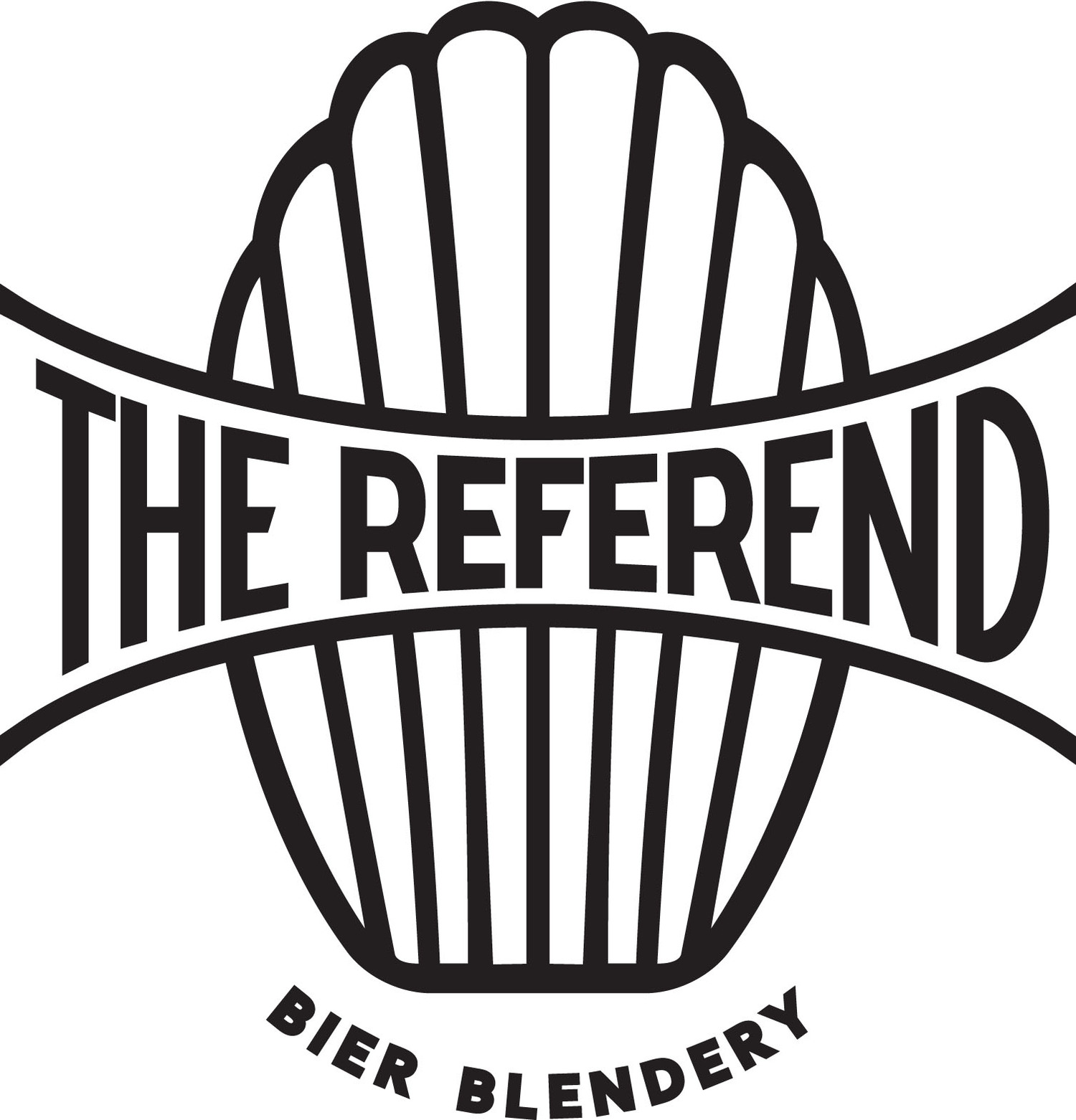Steering the Craft
/Current context: For the past week, Brienne (@ratmagnet) at Notch Brewing has been collecting and sharing hundreds of firsthand accounts of sexism, misogyny, and abuse in the craft beer industry. Please read for yourself if you are able (stories are archived on her profile). For an overview, read Beth Demmon’s piece for VinePair. It’s all bleak, it’s a reckoning.
As a tasting room worker, from my perspective, gatekeeping starts behind the bar. I live in a female body and experience gender bias, and yet internalized misogyny is rooted deeply in me. This is simply because sexism is fundamental to the social and economic structure we exist in. I like to think of myself as liberation-minded, and yet I notice the way my language changes when I talk to female guests. When men and women come in together, I find myself addressing and making more eye contact with the men. I imagine one of two things is happening: either my unconscious bias assumes the men are more interested, or I’m seeking validation and approval from the men in the party, unconsciously trying to assuage any doubts they might have by demonstrating I belong in the position I’m in. Whether we like it or not, heteropatriarchy is a systemic and structural problem that we’re all susceptible to; while sexual harassment plays out between individuals, addressing sexism in the beer industry requires more than just purging a few “bad apples.”
For example, I detect a troubling undercurrent of ableism working in tandem with sexism in the way we assign value to different stories of abuse. The stories that seem to garner the most indignation are either the ones involving a) explicit assault, b) an industry personality, or c) production (BOH) veterans. The logic goes like this: because women brewers can do x production task “just as well as men,” it is extra egregious that they should be harassed or discriminated against. By this reasoning, some women (those who do able-bodied male-dominated jobs) are more entitled to hospitable working conditions than others. In general, I take issue that anyone should have to present credentials in order to receive basic human decency—but, more specifically, this is a problem because it upholds proximity or similarity to masculinity as the metric for earning respect. This presumption undermines worker solidarity by assuming one type of woman (and one type of worker) is more entitled to respect than another—while devaluing the emotional labor associated with female-coded FOH jobs.
More broadly, I want men to understand that, even though craft beer has a reputation as a “boys’ club,” these issues are not exclusive to our community, nor even to hospitality in general. Therefore I find it useful to frame sexual assault and harassment not as particular industry problems, but rather universal labor issues that can be overcome through collective organizing and worker solidarity. Before I worked for the Blendery, I was a graduate student. I spent a year or two honing my research direction before applying to work with a specific Pulitzer Prize-winning faculty member at an R1 public research institution. One of the reasons I left was that this professor—on whose research I was building—appeared to be flying in young female grad students from abroad to sleep with him. He scheduled a meeting with me at his home and answered the door in his pajamas. He spoke often about my “promise,” but never wanted to actually speak about research. Without any concrete proof, I felt powerless to accuse one of the university’s most powerful faculty members, potentially jeopardizing my own future career (he was worth far more to the university than I was), and I left without making any waves.
Stories like this are normal in most industries for women. We keep our heads down to get ahead in our careers. We align ourselves with masculinity in hopes that some of its power will rub off on us. Patriarchy (among other forces) requires us to forsake solidarity in the name of individual survival. As we’ve learned, however, neither experience, nor competence nor proximity to masculinity will protect us from abuse—nor should they be prerequisites for safe and healthy working conditions! Sexism—like ableism, racism, homophobia, etc.—is a labor issue, and is best addressed both interpersonally (making repair for harm done to individuals) AND structurally, with an eye toward all the forces it partners with to pit workers against one another. Let’s get free!
For further reading:
Crenshaw, Kimberlé W., "On Intersectionality: Essential Writings" (2017).
Collins, Patricia Hill, “Intersectionality as Critical Social Theory” (2016).

